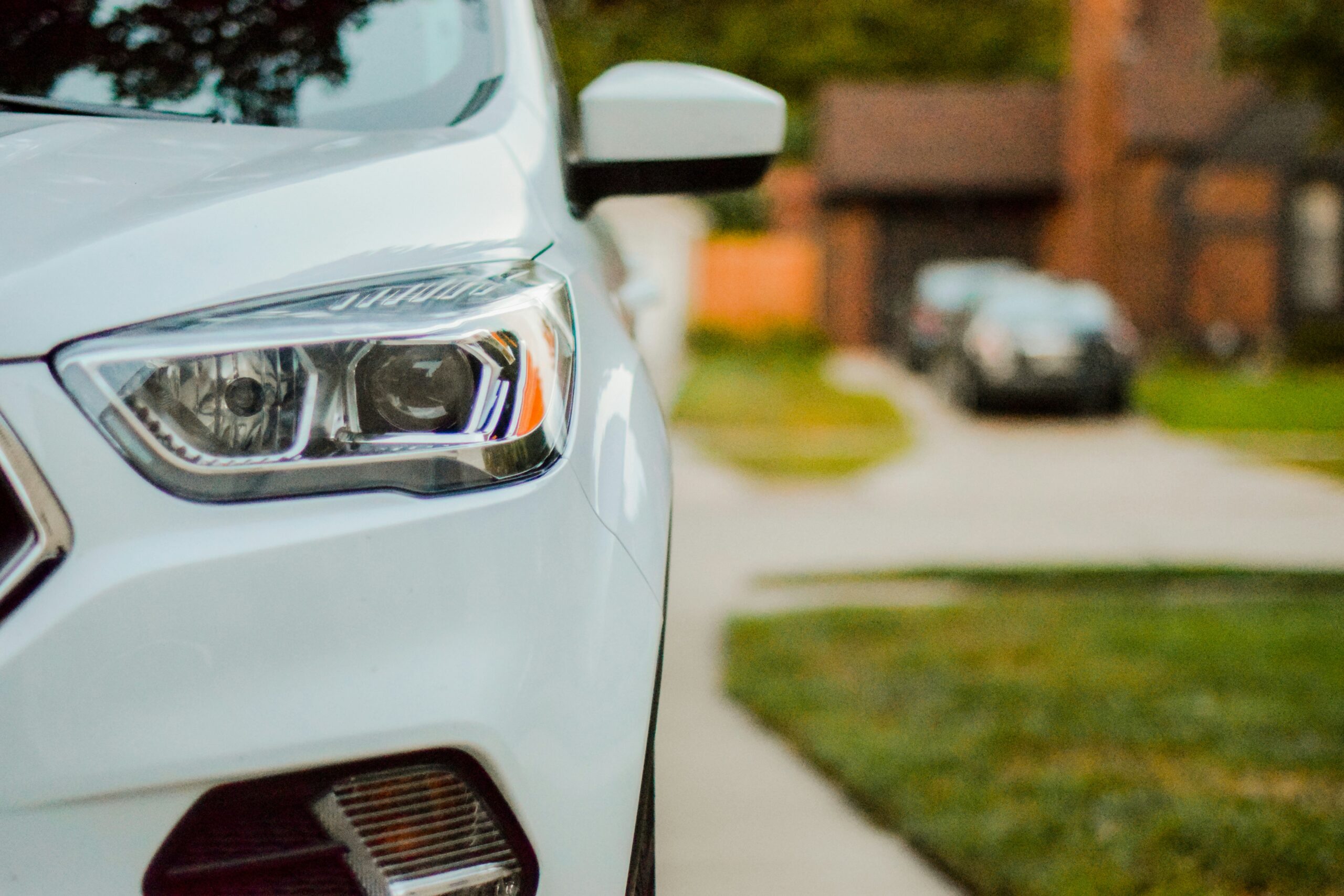Police and property owners in Oregon have the authority to tow vehicles if they are illegally parked or deemed abandoned according to Oregon law.
- Police officers have the right to tow a vehicle in Oregon if it’s illegally parked or posing an obstruction or hazard to others on the road.
- Property owners must leave a towing notice displayed on your vehicle for at least 72 hours after issuance before being able to legally have your vehicle towed.
- Vehicle owners have the right to know where their vehicle has been towed to and to retrieve property from their vehicles if they can’t afford to release the car yet.
How to get your car out of an impound lot in Oregon
The fees to get a towed car back from an impound lot vary from hundreds to thousands of dollars depending on the circumstances of when and why you were towed. Different types of fees you might need to pay to retrieve an impounded vehicle in Oregon include:
- Towing fees
- Daily storage fees
- Administrative fees
- Transfer charge fees
- After-hours fees, lien charges, and auction fees (when applicable)
What to do if you’re the vehicle owner: If your vehicle has been towed, contact the police or local traffic enforcement agency right away for information on how to retrieve your car. The City of Portland has a website for drivers whose cars have been towed to help them locate the lot it was taken to.
You should be able to get your car back during the impound lot’s normal business hours by providing:
- Your driver’s license
- Proof of current registration
- Proof of insurance
If you’re not the vehicle owner or can’t get to the lot: Someone else can claim the vehicle with the documents above and a letter of authorization from the registered owner.
Don’t waste any time to retrieve your motor vehicle from the lot where it’s been towed to! After 30 days, any unclaimed vehicles will either go to auction or be disposed of.
Police towing laws in Oregon
Oregon State law enforcement can tow a vehicle under the following circumstances:
- Suspended license: The owner’s license has been suspended, canceled, or revoked
- Uninsured vehicle: The driver does not have proof of insurance
- Arrested driver: The driver is arrested or taken into police custody
- Parking violation: The vehicle is obstructing traffic or parked illegally
- Emergency: The vehicle is blocking the path of an emergency vehicle
- Abandoned vehicle: The vehicle has been abandoned for more than 24 hours
This is by no means an all-inclusive list. If you need more information, read ORS Chapter 98.
Private property owner towing laws in Oregon
Under ORS 98.830, private property or business owners can tow a vehicle if it is illegally parked or abandoned on their property for more than 24 hours.
Private property owner limitations: A property owner can’t just tow a car as soon as that 24-hour period elapses. There are a few steps that private poverty owners are legally required to take first:
- Affix a plainly visible sign to the vehicle stating that it will be towed if not moved.
- Leave the sign in place for at least 72 hours.
- Fill out and sign a form that includes a description of the vehicle, the location where the vehicle was towed to, and a statement that they have complied with the above two requirements
You may be entitled to restitution if your vehicle is towed by a property owner or towing business who has failed to comply with any of these requirements.
Parking lot towing laws in Oregon
If you’re parked in a private parking facility (like for a business, restaurant, or retail store), then your vehicle can be towed if it is:
- Blocking an entrance or exit
- Parked in a fire lane or a disabled parking space
- Blocking a fire hydrant
- Parked in a spot that is specifically labeled for a single purpose, like for an individual, unit number, etc
- Parked in a business lot that prohibits public parking for non-business purposes
This can all vary widely according to where you are, so pay attention to signage. Some cities are far more relaxed, while other cities (looking at you, Portland) are like an all-out barroom brawl when it comes to parking lots.
Learn More: How to buy a police-impounded car
Rights of vehicle owners under Oregon towing laws
Keep in mind: The Oregon Department of Justice provides resources to help car owners know their vehicle towing rights and to get assistance if they feel they’ve been wronged.
No matter why your car was towed and who might have towed it, it’s important to know that you have certain rights:
- The right to know where your vehicle was towed
- The right to retrieve your personal property from the vehicle, even if you aren’t able to pay for the vehicle itself to be released
- The right to claim your vehicle for free if the hookup is not complete, or for a fee assessed by the towing service if the hookup is complete but the car has not been moved
- The right to sue the towing company if the vehicle was damaged during removal
- The right to sufficient notice before your vehicle is towed from private property
An impound lot is allowed to charge a “gate fee” for you to enter and collect your belongings, but they can’t force you to pay the entire fee. Additionally, you have the right to get transportation aid to pick up your vehicle if you need it.
Amber Reed is an insurance writer specializing in car repair, car maintenance, and car insurance coverage. Amber creates content that car owners can use to get the most out of their vehicles and their car-expense budget. Amber has written over 900 articles for Jerry on topics ranging from car insurance pricing to maintenance basics. Before joining the Jerry team, Amber worked as a vet tech and research assistant.

Pat Roache is an insurance writer with over two years of experience in the automotive industry. With a focus on car insurance, maintenance, and brand reviews, Pat’s mission is to create engaging and accessible content that empowers readers to take autonomy over their car ownership. As a writer and editor with Jerry, Pat has penned over 600 original articles and edited over 1,000. Pat’s 8+ years of experience in the performing arts as a writer, director, producer, and performer lend to their keen eye for research and presentation. Most recently, Pat’s new English translation of Donizetti’s Italian opera “D[x]n Pasquale” had its world premiere in 2022 with Opera MODO (Detroit, MI). Pat also writes grants for an LGBTQ arts non-profit in Chicago, IL.

Jessica Barrett is a senior insurance writer and editor with 10 years of experience in the automotive and travel industries. A specialist in car insurance, car loans, and car ownership, Jessica’s mission is to create comprehensive content that car owners can use to manage their costs and improve their lives. As a managing editor for a team of writers and insurance specialists, Jessica has edited over 2,000 articles for Jerry on topics ranging from local insurance shopping tips to refinancing car loans with bad credit. Before joining Jerry as a senior content editor in 2021, Jessica created visual content for clients such as Expedia, Vivid Seats, Budget Direct Car Insurance, Angie’s List, and HomeAdvisor. Her content was published in Business Insider, Forbes, Apartment Therapy, and the BBC.







